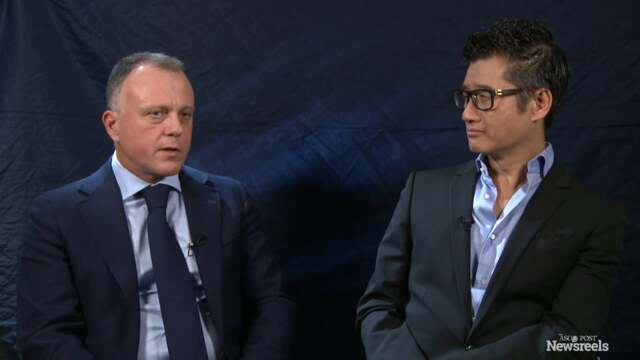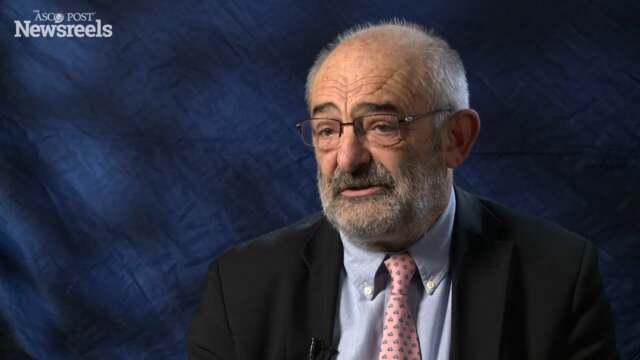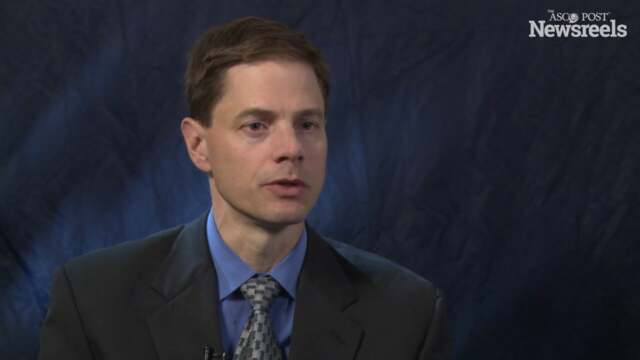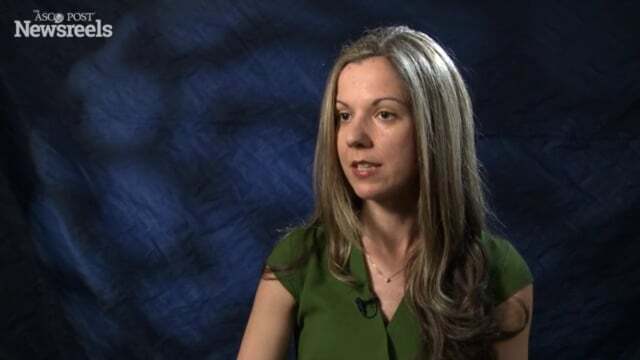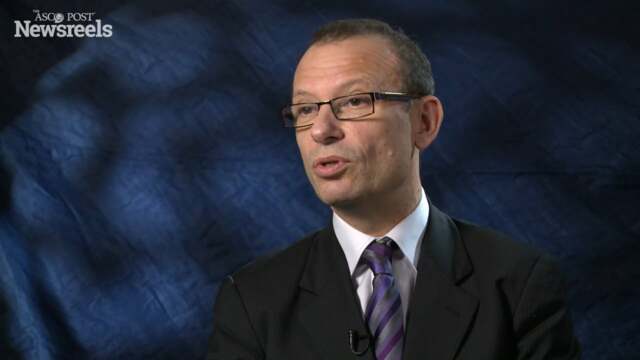Tony Mok, MD, and Alice Shaw, MD, PhD: Expert Perspectives on ALK Inhibition and Brigatinib
2015 European Cancer Congress
Tony Mok, MD, of The Chinese University of Hong Kong, and Alice Shaw, MD, PhD, of Massachusetts General Hospital, discuss the current status and future outlook of ALK inhibition, and an assessment of brigatinib CNS activity in patients with ALK-positive non-small cell lung cancer and intracranial metastases (Abstract 3061).
Federico Cappuzzo, MD, and Tony Mok, MD
Federico Cappuzzo, MD, of Istituto Toscano Tumori-Ospedale Civile Livorno, and Tony Mok, MD, of The Chinese University of Hong Kong, discuss current strategies for treating patients with acquired resistance, and what the future holds for these patients.
Jean-Yves Douillard, MD, PhD
Jean-Yves Douillard, MD, PhD, of Centre R Gauducheau, reviews new clinical trials and data on systemic and radiation treatment of small cell lung cancer.
Brian I. Rini, MD
Brian I. Rini, MD, of the Cleveland Clinic Taussig Cancer Institute, discusses the results from a phase III study investigating a multipeptide cancer vaccine in patients receiving sunitinib as first-line therapy for advanced/metastatic renal cell carcinoma (Abstract 17LBA).
Priscilla K. Brastianos, MD
Priscilla K. Brastianos, MD, of Massachusetts General Hospital, discusses genomic characterization of brain metastases and paired primary tumors, which could reveal potential therapeutic targets (Abstract 2905).
Michel Ducreux, MD, PhD
Michel Ducreux, MD, PhD, of the Institut Gustave Roussy, discusses the efficacy and safety in this study of nab-paclitaxel in patients with previously treated metastatic colorectal cancer (Abstract 2131).
